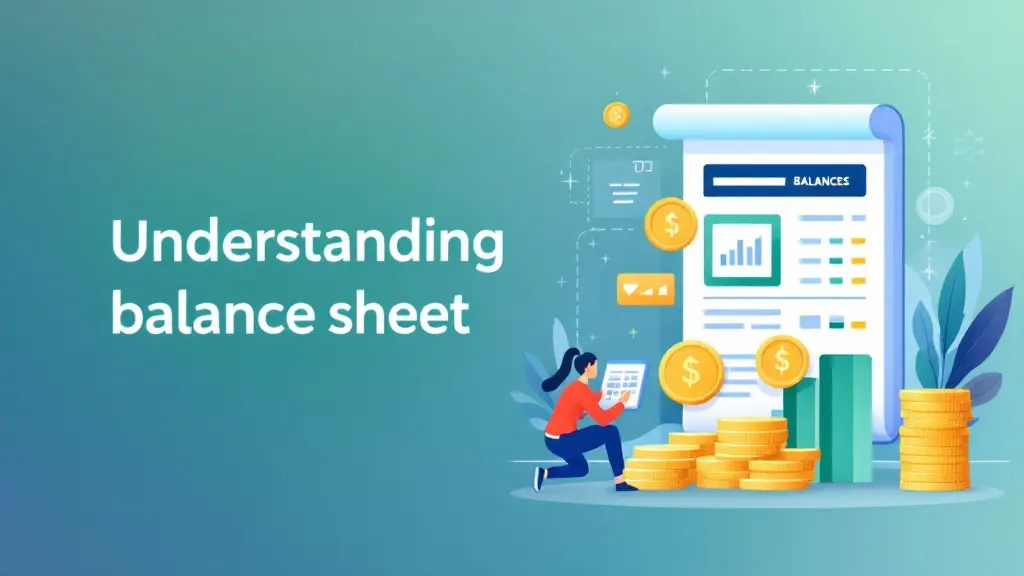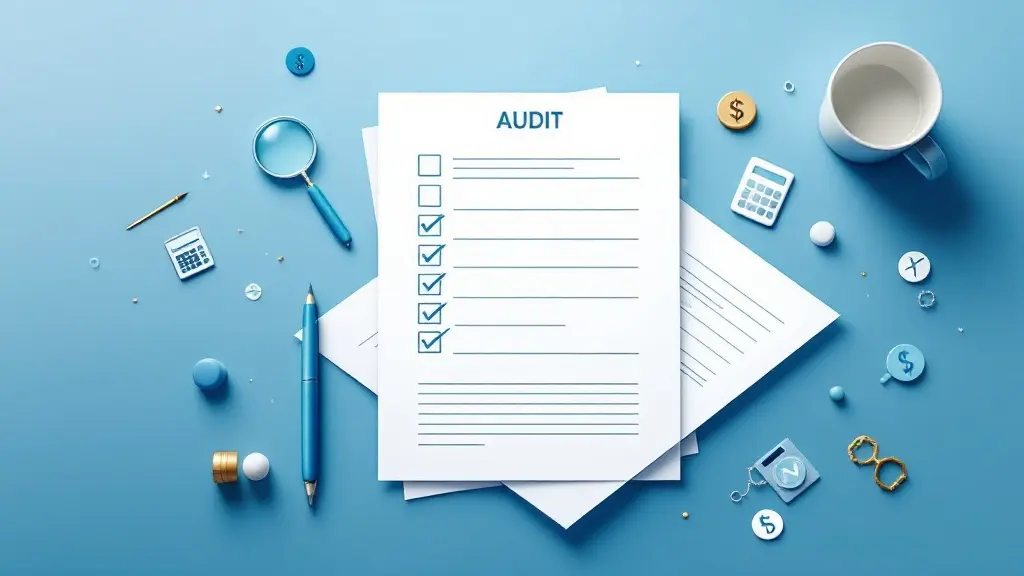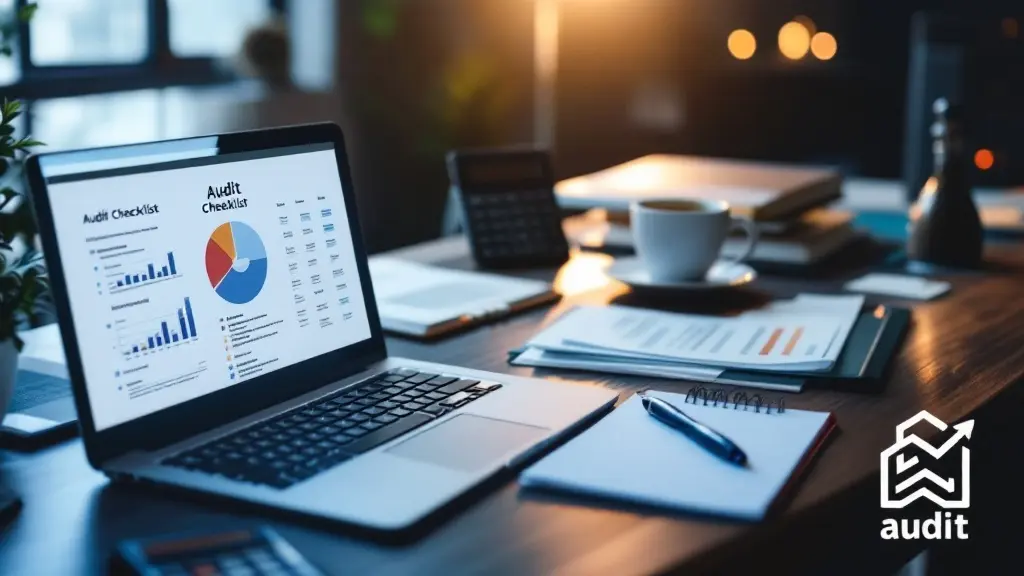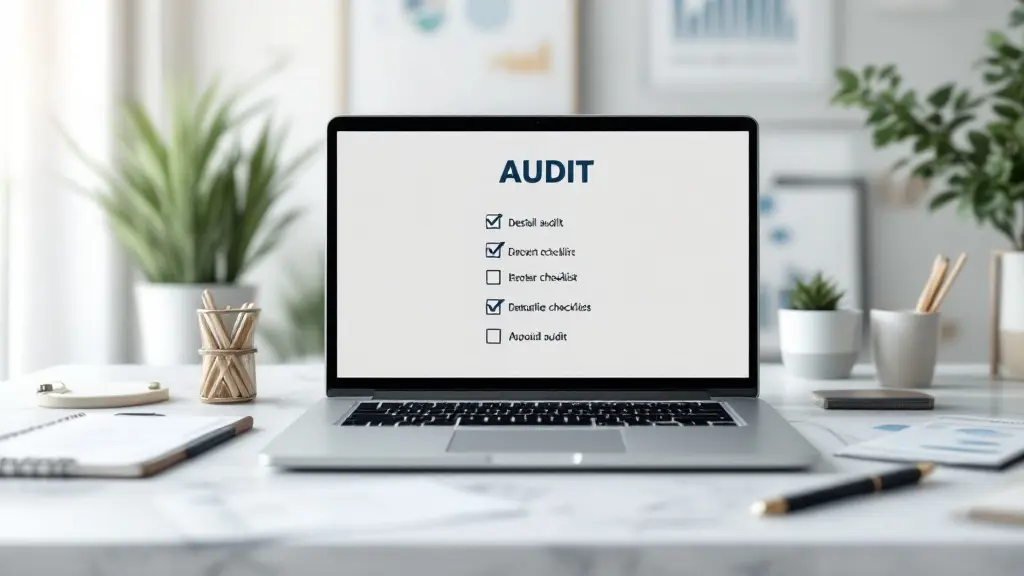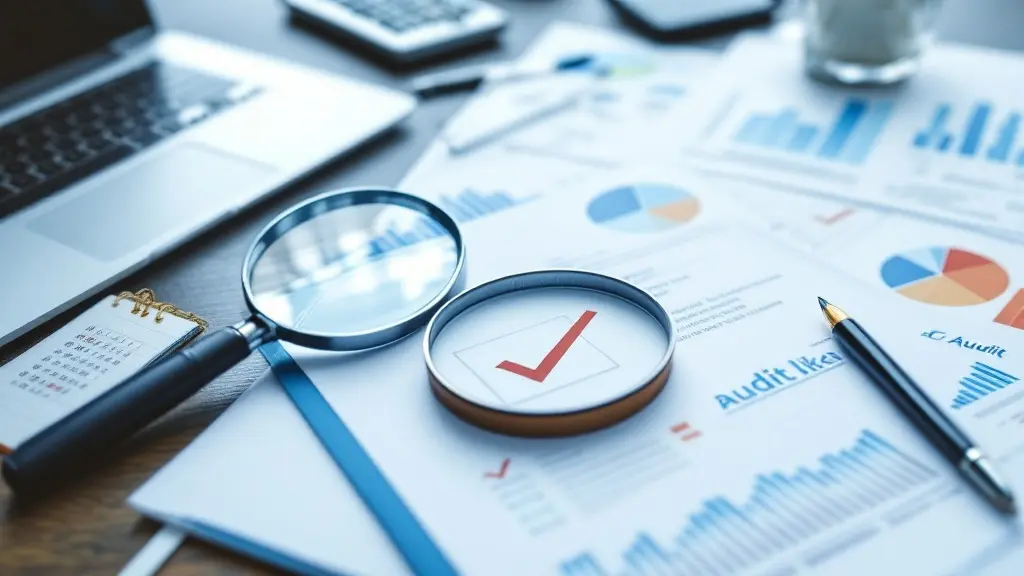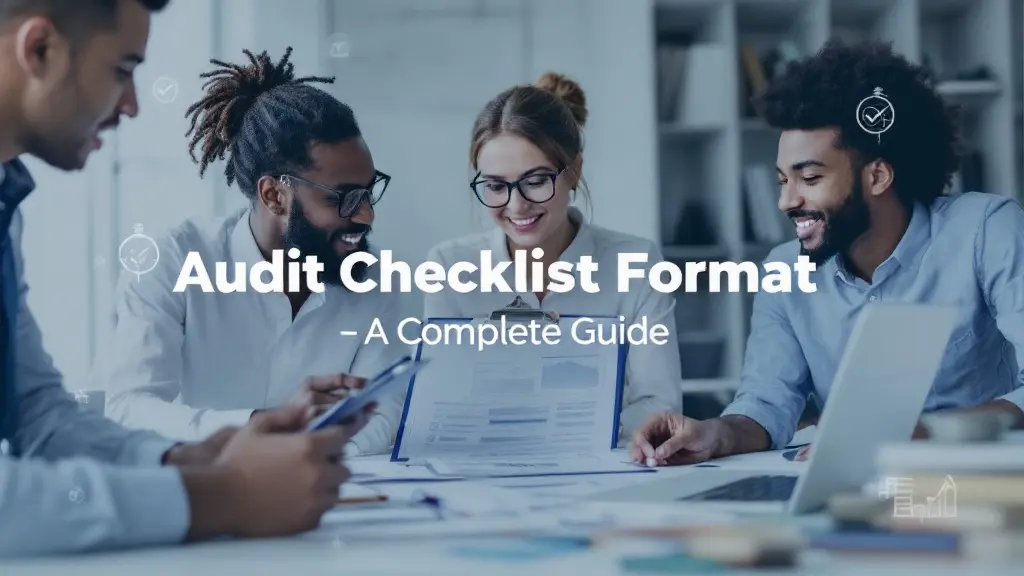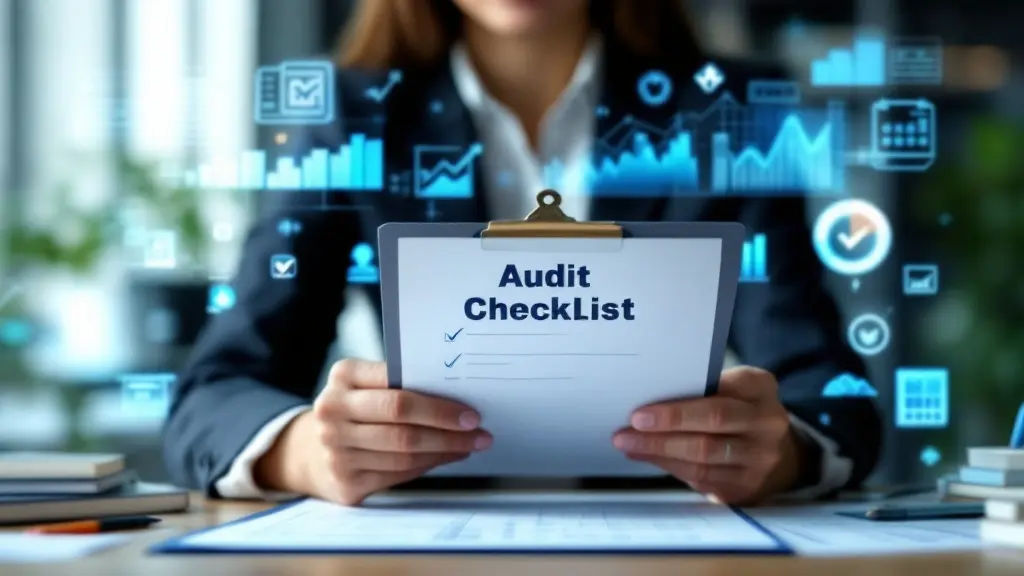Master Tax Management for Your Small Business
Table of Contents
Most Read
[fusion_dropcap class="fusion-content-tb-dropcap"]H[/fusion_dropcap]ow to manage taxes for small business is a crucial topic that every entrepreneur should understand to ensure financial stability and compliance. Did you know that nearly 60% of small business owners admit to feeling overwhelmed by tax season? With a myriad of tax obligations, from income tax to sales tax and everything in between, navigating the complexities can be daunting. However, having a solid tax management strategy is not just about meeting deadlines—it's a pathway to maximizing your savings and allowing you to focus on what you do best: growing your business. In this blog post, we'll explore practical strategies and tools that will empower you to take control of your tax obligations, reduce stress, and set your business up for long-term success.
Understanding Tax Obligations for Small Businesses
Different Types of Taxes
As a small business owner, it’s crucial to understand the various types of taxes that your business may be responsible for. Here’s a breakdown:
-
Income Tax: This tax applies to the profit you make from your business. It's important to estimate your taxable income accurately to avoid unexpected tax bills.
-
Sales Tax: If your business sells goods or certain services, you may be required to collect sales tax from your customers on behalf of the state.
-
Employment Tax: If you have employees, you’re responsible for payroll taxes, which include Social Security, Medicare, and unemployment taxes.
Importance of Compliance
Compliance is not merely a legal requirement; it has significant implications for your business reputation and financial health:
-
Avoiding Penalties: Failing to pay your taxes on time can lead to fines and penalties, which can accumulate quickly.
-
Enhancing Business Reputation: Being compliant with tax regulations builds trust with your customers and suppliers, enhancing your brand image.
How to Manage Taxes for Small Business: Key Strategies
Establishing a Tax Calendar
One of the most effective strategies for managing taxes is to establish a tax calendar. By marking key dates, you can stay organized and avoid missing deadlines.
-
Key Dates for Filing: Mark tax payment due dates, filing deadlines, and other important dates to ensure timely submissions.
-
Planning Ahead for Payments: Schedule regular intervals for reviewing your finances to prepare for tax obligations.
Keeping Accurate Records
Accurate and organized records can save you time and money during tax season. Here are some best practices:
-
Organizing Receipts and Invoices: Keep a clear record of all business expenses and income. This will make it easier to identify deductible expenses during tax preparation.
-
Utilizing Accounting Software: Invest in reliable accounting software that can help automate many of these tasks, simplifying the record-keeping process.
Deductions and Credits
Understanding tax deductions and credits is a critical component of how to manage taxes for small business effectively.
Common Tax Deductions for Small Businesses
Familiarizing yourself with common tax deductions can lead to significant savings:
-
Operational Expenses: This includes rent, utilities, supplies, and other costs related to running your business.
-
Home Office Deduction: If you operate from home, you may be eligible for a deduction related to your home office space.
Tax Credits Available
Tax credits directly reduce the amount of tax owed, making them beneficial for small businesses:
-
Research and Development Credits: If your business is involved in innovation, you may qualify for R&D tax credits.
-
Employee Retention Credits: This credit has gained attention as a way to support businesses retaining their employees during difficult economic times.
For more information on tax credits specific to small businesses, visit IRS.gov.
Professional Help: When to Seek Accounting Services
Benefits of Hiring a Tax Professional
Navigating taxes can be complex, and hiring a tax professional can offer numerous advantages:
-
Expertise in Regulations: Tax regulations can frequently change, and professionals stay updated on these changes.
-
Customized Tax Strategies: An experienced accountant can tailor strategies to maximize your tax savings.
Choosing the Right Accountant
Selecting the right accountant is essential for effective tax management. Consider the following:
-
Key Qualifications to Look For: Look for certifications like CPA (Certified Public Accountant) and previous experience with small businesses.
-
Questions to Ask: Inquire about their approach to tax management and their familiarity with your industry.
Staying Updated on Tax Laws
Importance of Ongoing Education
Continuous education on tax laws ensures your business remains compliant. Here are ways to stay informed:
-
Following IRS Announcements: Subscribe to updates from the IRS to be informed of any changes in tax regulations.
-
Utilizing Online Resources: Websites, webinars, and newsletters can be excellent resources for keeping up with tax-related news.
Joining Small Business Associations
Connecting with other business owners can also provide valuable support:
-
Networking Opportunities: Engaging with peers can offer insights into effective tax management practices.
-
Access to Workshops and Seminars: Many associations provide educational resources that can help enhance your understanding of tax issues.
Conclusion: Taking Control of Your Tax Management
Summary of Key Takeaways
Managing taxes effectively is crucial for the success of your small business. By understanding your tax obligations and implementing organized strategies, you can eliminate stress and focus more on growing your business. Here are the key takeaways:
-
Know Your Tax Types: Familiarize yourself with income, sales, and employment taxes.
-
Create a Tax Calendar: Stay organized and aware of due dates to avoid penalties.
-
Accurate Record Keeping: Maintain detailed records to make tax filing easier and more efficient.
-
Leverage Deductions and Credits: Take advantage of available deductions and credits to maximize your savings.
-
Seek Professional Help: An accountant can provide valuable guidance tailored to your specific needs.
Encouragement to Implement Strategies
Now that you have a clearer understanding of how to manage taxes for small business, it’s time to implement these strategies. Start small by organizing your records and setting up a tax calendar. The sooner you take action, the more streamlined your tax management process will be.
Final Thoughts on Creating a Tax-Positive Business Environment
Remember that effective tax management can significantly impact your bottom line. As you grow your business, continue educating yourself about tax laws and consider maintaining a relationship with a tax professional. By doing so, you create a tax-positive environment that not only meets compliance requirements but also fosters the growth and sustainability of your business.
For more information on tax management, you can visit H&R Block, a renowned resource for small business tax solutions.
Establishing a Tax Calendar
Creating a tax calendar is one of the essential steps in learning how to manage taxes for small business efficiently. A tax calendar helps you stay organized and ensures that you meet all deadlines without any last-minute stress. Here's how to establish an effective tax calendar:
Key Dates for Filing
Make a note of the important dates that matter for your business. Here are some critical dates to consider:
-
Quarterly Estimated Tax Payments: Depending on your income, you may need to make estimated payments four times a year.
-
Annual Tax Filing Deadline: This is typically April 15 for most businesses; however, deadlines can vary based on your business structure.
-
Sales Tax Deadlines: If applicable, determine how often you must file sales tax returns (monthly, quarterly, or annually).
Planning Ahead for Payments
In addition to knowing deadlines, proactively planning for payments can help you avoid financial strain. Consider the following steps:
-
Budget for Tax Payments: Allocate funds monthly to cover tax obligations, ensuring you're not caught off guard.
-
Set Reminders: Use digital calendars or apps to set reminders for upcoming tax dates, helping you stay on track.
Keeping Accurate Records
Accurate record-keeping is a cornerstone of managing taxes effectively. By maintaining detailed and organized records, you make tax preparation smoother and more efficient.
Organizing Receipts and Invoices
A well-organized system for your receipts and invoices can save you hours when tax season arrives:
-
Digital Storage: Consider using cloud-based solutions to store scanned copies of receipts and invoices, making them easily accessible.
-
Categorization: Organize expenses into categories (e.g., office supplies, travel, utilities) to facilitate quicker retrieval during tax preparation.
Utilizing Accounting Software
Investing in accounting software can modernize your tax management strategy. Some benefits include:
-
Automated Record Keeping: Many software solutions automate the process of tracking expenses and income, reducing human error.
-
Real-Time Reporting: Access to real-time financial reports helps you understand your business's tax obligations at any moment.
By establishing a tax calendar and maintaining accurate records, you're taking significant steps in how to manage taxes for small business effectively.
For further insights on managing small business finances, check out QuickBooks, a reputable accounting software provider that offers a range of financial management tools.
Deductions and Credits
Understanding and leveraging deductions and credits is vital to how to manage taxes for small business. These financial incentives can lower your taxable income and potentially reduce your overall tax burden. In this section, we will cover common deductions and available credits that small business owners can use to save money.
Common Tax Deductions for Small Businesses
Identifying deductible expenses is a key part of effective tax management. Here are some of the most common deductions available:
-
Operational Expenses: These include everyday costs related to running your business, such as:
-
Rent for your business premises
-
Office supplies and equipment
-
Utilities and internet expenses
-
-
Home Office Deduction: If you operate from home, you may qualify for a home office deduction. To qualify, your workspace must be used exclusively for business purposes. Consider the following:
-
Calculate the square footage of your home office compared to your whole home
-
Track your home expenses, such as utilities, to determine the deductible portion
-
-
Mileage Deduction: If you use your vehicle for business purposes, you can deduct mileage driven for business-related activities. Keep detailed records of your business trips, including:
-
Dates of travel
-
Purpose of the trip
-
Miles driven
-
Tax Credits Available
Tax credits directly reduce the amount of tax you owe, making them highly valuable. Here are a few credits that might apply to your small business:
-
Research and Development Credits: If your business invests in innovations or product development, you may be eligible for credits aimed at fostering research and development (R&D).
-
Employee Retention Credits: If you retain employees during challenging economic circumstances, this credit can provide significant savings. Be sure to check if you qualify based on specific guidelines.
By understanding and taking advantage of the deductions and credits available to you, you're significantly improving your ability to manage taxes for small business effectively.
For more insights on possible deductions and credits, visit TurboTax, a trusted resource for tax-related information.
Professional Help: When to Seek Accounting Services
Navigating the complexities of taxes can be challenging, especially for small business owners. Knowing when to seek professional help is crucial in managing your tax responsibilities effectively. Here we'll discuss the benefits of hiring an accountant and tips for choosing the right one.
Benefits of Hiring a Tax Professional
Engaging a tax professional can simplify your tax management and save you both time and money. Here are some advantages to consider:
-
Expertise in Regulations: Tax laws can be complicated and are subject to change. A qualified tax professional stays updated on current laws to ensure compliance and minimize risks.
-
Customized Tax Strategies: Every business is unique, and an accountant can provide tailored strategies to suit your specific financial situation. They can identify deductions and credits that you might not be aware of, maximizing your savings.
-
Stress Reduction: Navigating tax filings can be overwhelming. By hiring a professional, you can focus more on running your business instead of worrying about tax issues.
Choosing the Right Accountant
Selecting the right accountant is vital to effectively managing your taxes. Here are key factors to consider:
-
Key Qualifications to Look For: Ensure the accountant holds relevant certifications, such as CPA (Certified Public Accountant) or EA (Enrolled Agent), which signify their expertise in tax matters.
-
Experience with Small Businesses: Look for someone who has experience working specifically with small businesses, as they will better understand your unique challenges and needs.
-
Questions to Ask: During the interview, ask about their approach to tax planning, their experience with similar businesses, and how they keep abreast of tax laws. This can help you gauge whether they are the right fit for you.
In conclusion, knowing when to seek accounting services is a vital step in how to manage taxes for small business effectively. A knowledgeable tax professional can help you navigate complexities, ensure compliance, and provide peace of mind.
For more resources on finding the right accountant for your business, visit Fidelity Investments, a well-known financial services company that offers valuable insights.
Staying Updated on Tax Laws
An essential aspect of how to manage taxes for small business is staying informed about changes in tax laws and regulations. Tax laws are frequently updated, and being knowledgeable about these changes can make a significant difference in your financial strategy.
Importance of Ongoing Education
Continuous education on tax laws not only keeps your business compliant but also aids in decision-making. Here are ways to ensure you’re keeping up to date:
-
Following IRS Announcements: Sign up to receive newsletters or alerts from the IRS that notify you of any changes that might affect your business tax obligations.
-
Utilizing Online Resources: Numerous reputable websites provide ongoing tax-related information, including articles, webinars, and guides to help you stay current on regulatory changes.
Joining Small Business Associations
Connecting with small business associations can also provide invaluable resources and support in tax management:
-
Networking Opportunities: Engaging with peers within these organizations can give you insights into effective tax strategies and solutions.
-
Access to Workshops and Seminars: Many associations offer educational programs focused on tax compliance, planning, and management, helping you to refine your knowledge and skills.
By making a commitment to ongoing education and joining associations, you're positioning yourself to better manage taxes for small business. This proactive approach not only reduces stress but enhances your business's financial health.
For additional information and resources on small business tax updates, check out SCORE, a non-profit organization that provides free business mentoring and education.
Frequently Asked Questions
What types of taxes do small businesses need to pay?
Small businesses typically need to pay several types of taxes, including income tax on profits, sales tax on goods sold, and employment taxes if they have employees. Understanding these tax obligations is essential for compliant financial management.
How can a small business owner maximize tax deductions?
To maximize tax deductions, small business owners should maintain accurate records of all expenses, categorize them appropriately, and consult a tax professional to identify eligible deductions. This includes operational expenses, home office deductions, and any industry-specific deductions that may apply.
When is the best time to start preparing for taxes?
The best time to start preparing for taxes is well before the filing deadline. Regularly reviewing financial records throughout the year and setting up a tax calendar can help avoid last-minute scrambling and ensure that all necessary documents are ready in advance.
Should I hire a tax professional or do it myself?
Whether to hire a tax professional or handle taxes yourself depends on the complexity of your business finances. For straightforward situations, DIY software might suffice, but for complicated tax filings or substantial deductions, consulting a professional could save you time and enhance your overall tax strategy.
How often should I review my tax strategy?
It's advisable to review your tax strategy at least annually, but more frequent assessments can be beneficial, especially if there are significant changes in your business or tax laws. Regular reviews help you remain compliant and can reveal new opportunities for saving on taxes.
